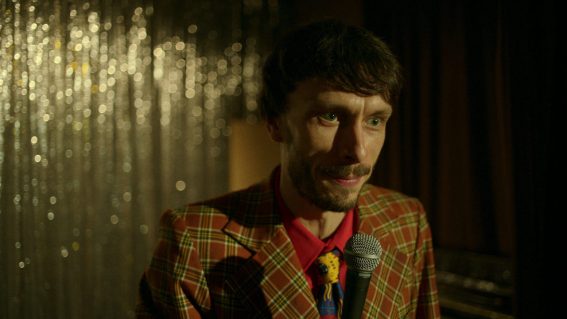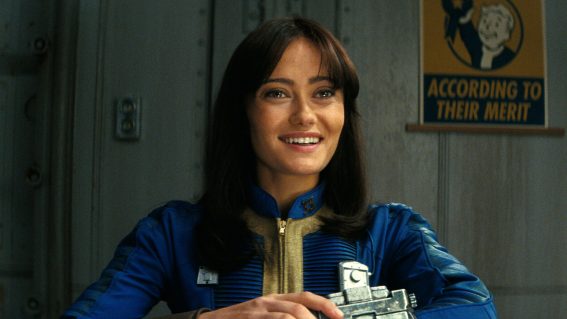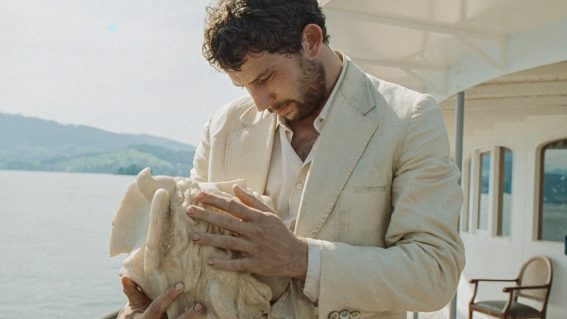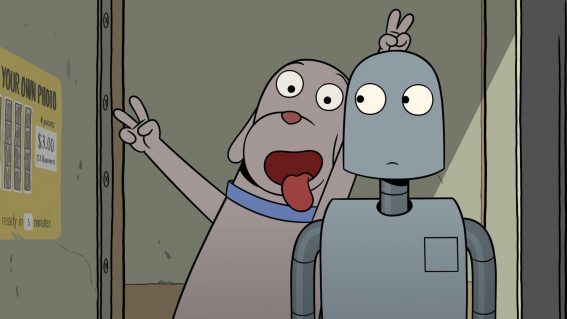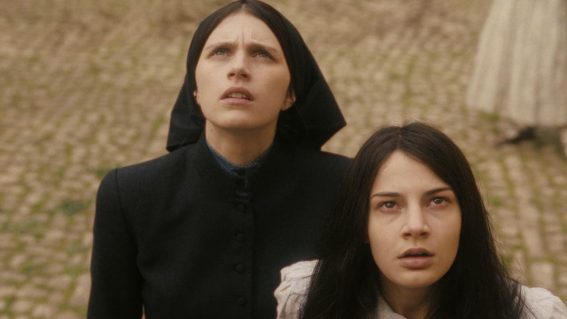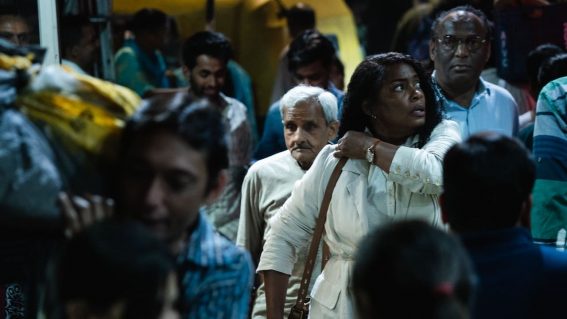Review: ‘The Snowman’ – a smug, incompetent thriller missing bits of the puzzle
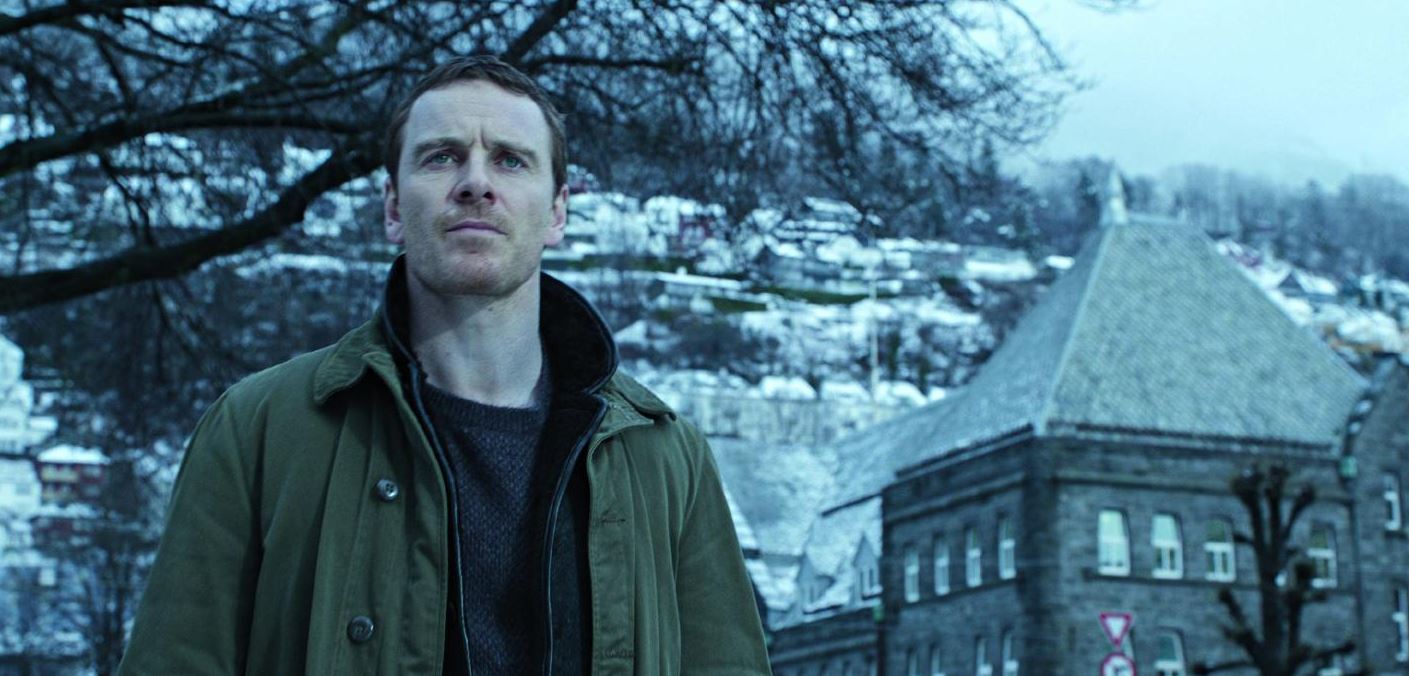
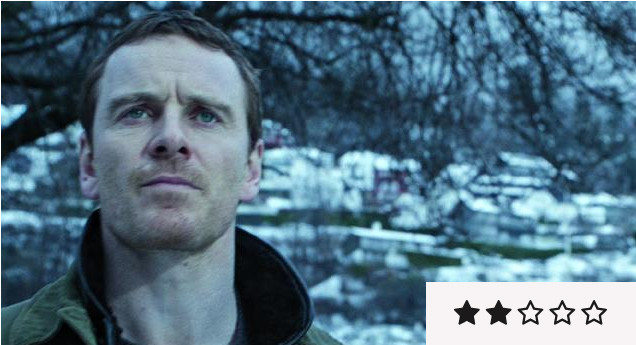
Responding to a blizzard of bad reviews written about his highly anticipated new thriller, The Snowman, director Tomas Alfredson (Let the Right One In, Tinker Tailor Soldier Spy) has offered an unusually straight-forward explanation of the film’s shortcomings.
“Our shoot time in Norway was way too short,” Alfredson recently told the Norwegian Broadcasting Corporation. “We didn’t get the whole story with us and when we started cutting we discovered that a lot was missing.” The filmmaker estimates 10-15% of the script, a Scandi style noir about an alcoholic detective (Michael Fassbender) tracking down a serial killer, was never shot.
Oh dear. Several professions in the film and television industries exist for the sole purpose of preventing this sort of thing from happening: the ‘realise you’re screwed in the editing room’ nightmare. And indeed, chunks of the film feel conspicuously absent – particularly in the development of supporting characters played by JK Simmons (a wealthy industrialist), Charlotte Gainsbourgh (an art dealer) and Val Kilmer (another boozy gumshoe).
But the lion’s share of that 10-15%, for all we know, could have involved more scenes fleshing out the leery, dyspeptic Harry Hole (Fassbender), who we meet with empty vodka bottle in hand, but is one of those annoying screen drunks in that he doesn’t appear to do much drinking. This might have made The Snowman even more reliant on Fassbender, who seems, frankly – and in the best possible way – rather resentful of the entire opportunity.
It’s no surprise that the Mighty Fass is in morose hate-my-life mode, given the guy’s CV comprises an eclectic array of characters grimacing through the worst times of their lives. The sex pest having a bad day (Shame). The super villain having a bad day (X-Men). The video game hero having a bad day (Assassin’s Creed). Or the hallucinating Shakespearean king having a really, really bad day, complete with being beheaded (Macbeth).
Before I sat down to watch Tinker Tailor Soldier Spy, Alfredson’s previous – and more generously received – whodunit, I had a crazy theory that the guilty party might be the spy. And a few minutes into The Snowman, I had a hunch the killer would turn out to be a grown-up version of the child we are introduced to in the opening reels. This doleful pipsqueak witnesses a family member suicide by driving onto volatile ice, thus establishing a problematic, and as it turns out murderous attitude towards cold weather.
I was right, of course, just as I had completely missed the point: we don’t know who the adult version of this kid is, so the film (and this review) spoiled nothing by opening that way. We do know that, when the snow starts falling, the killer places snowmen outside his victims’ houses, and the unfortunate recipients of these crude sculptures get murdered soon after. Harry is on the case while, as these things so often go, wrestling with his own demons.
The murders in the story are either not shown, or staged in ways, like the first offing in Richard Franklin’s classic Road Games, that conceal the identity of the killer, usually by draping a figure in shadows and/or focusing on their arms and hands. Visually Snowman is interestingly composed and utterly, impressively consistent in tone, with expert moving camerawork from Australian cinematographer Dion Beebe, imparting a restless quality without the sense of displacement part-and-parcel with handheld photography.
The set design has a sparse, almost IKEA feel about it, and the film’s cool blue-ish colour grading is an obvious but effective choice. If you can appreciate The Snowman on a visual level, so much the better, because there are times when the dialogue will make you want to tune out – with trite lines including “it’s a suicide, case closed”, “he was watching us the whole time” and (my personal favourite) “someone killed him because we got too close.”
And man, that script. Or perhaps that should be: man, that 85-90% of the script. Some bits make you feel dumber for having listened and watched, while the absence of other bits suggest (erroneously) you’re falling behind for not having joined the pieces together yourself. That is unfair as there are, as Alfredson himself now acknowledges, parts of the puzzle missing. Not just fashionably or knowingly absent but…missing.
The result is a stylish, smug, and confounding thriller: a curious combination of too incompetent to work, and too clever by half.
Find Times & Tickets for ‘The Snowman’



